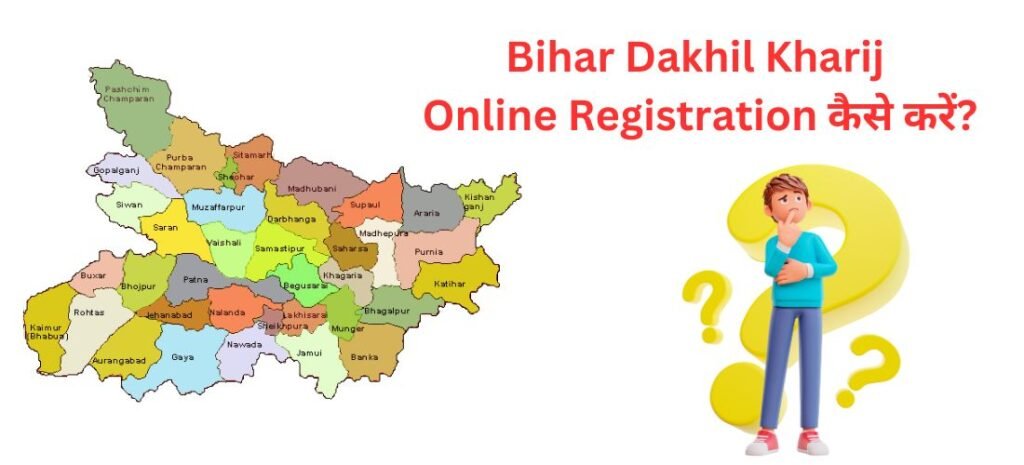Handling payroll deductions and contributions is an important and necessary element of the payroll services in the UAE. Companies are required to comply well with the UAE labor laws while making their best to develop transparency in deductions and contributions from employees’ salaries. Getting to know about different types of deductions, their legal framework, and how contributions influence both the employer and the employee is an important aspect for businesses operating in the UAE. Payroll outsourcing in Dubai can greatly streamline this process by automating payroll calculations and making sure compliance with labor regulations, but it’s important to have understanding of the components that are part of it.
What is Payroll Deductions?
The sums withheld from a worker’s gross salary, whether needed by law or mentioned upon by the employee and employer, are known to be as payroll deductions. Those deductions offered by government like gratuities, pension contributions for UAE citizens, and tax (if applicable) can be a part of this category, as well as employee benefits contributions, insurance, loans, and fines. For the sake of prevention of disputes or legal ramifications, employers are required to make sure that payroll services in the UAE are set up to handle these deductions accurately. A few of common payroll deductions are as follows:
- End-of-Service Gratuity, a significant deduction for foreigners working in the UAE. Companies are needed to keep a specific portion of the employee’s salary toward end-of-service benefits.
- Pension Contributions is kept only for UAE Nationals and GCC Citizens where both the company and employee are needed to make contributions. For UAE nationals, this generally makes up to 5% of the employee’s salary, while employers contribute 12.5%.
- Health Insurance Premiums: many companies in the UAE take health insurance as part of employee benefits, but some companies deduct a portion of the premium from the employee’s salary. This is legal as long as it is agreed upon in the employment contract.
- Voluntary Deductions include savings, investments plans, and loans repayments for housing, education etc., allowances.
Handling Payroll Deductions
Handling payroll deductions and contributions require the employer to keep a few things in mind and tackle them with care.
- Compliance with Laws
- Automation of Payroll Deductions
- Communication with employees
- Handling the Discrepancies in system
- Using Payroll Outsourcing
Compliance with the laws
Companies and businesses have to make sure that
- Deductions must not surpass the limit of 50% of the Employee’s Salary as per the UAE Labor Law where relaxation has been provided for special cases such as fines or disciplinary actions.
- Employers are required to decide the reasonable gratuity payments for employees. If improperly managed, it can cause legal repercussions during the end of the employee’s tenure.
Automation
Automation of payroll deductions is most reliable way as
- Automated payroll systems reduces the chances of human error making sure that deductions such as end-of-service gratuity and pension contributions are accurately calculated.
- Automate deductions are good choice to have HR teams time saved by removing the need for manual calculations.
- Automated payroll systems give in depth pay slips that accurately show all deductions, helping employees to get the understanding of their pay structure.
Communication with Employees
Payroll deduction management involves not only legal and administrative duties but also openness and employee communication. To make sure that workers are informed and aware of their contributions to things like savings plans or loans, employers should explain in detail how and why deductions are made.
Through the help of Employee Self Service, employers can create a channel to communicate well with their employees that can help them in various ways.
- Employees can keep a view of their pay slips and see an in-depth breakdown of deductions.
- They can keep a track of their contributions to pensions, savings plans, and other benefits.
- Employees are able to update their personal information, such as bank details, to ensure that payroll remains accurate.
Handling Discrepancies
Payroll inconsistencies can happen even with automated systems, particularly when there are voluntary deductions or modifications to an employee’s status. Employers need to have a strategy in place for quickly and equitably resolving payroll disputes. This can entail going over deductions with the worker, fixing any mistakes in later payroll cycles, or providing reimbursements if required.
Outsourcing the Payroll Deductions
Outsourcing payroll services in the UAE or Dubai provides a practical solution for handling payroll deductions and contributions as
- Outsourcing providers are experts in UAE labor law and ensure all deductions are managed in compliance with local regulations.
- Businesses can escape the expenditure associated with maintaining an in-house payroll team and minimize the risk of costly errors or fines.
- As businesses develop over time, payroll outsourcing in UAE offers scalable solutions that can be used for the increased complexity of payroll processing, involving managing deductions for larger, more diverse workforces.
In the UAE, dealing with employee payroll deductions and contributions necessitates a blend of legal expertise, accuracy, and openness. Businesses must be careful with their payroll procedures due to the complicated regulations surrounding mandatory deductions like pension contributions and end-of-service gratuities.
FAQ’s
How do businesses deal with compliance in UAE pension contributions for GCC nationals?
Businesses must register eligible GCC employees with the General Pension and Social Security Authority (GPSSA) and follow specific contribution percentages for both company and employee, ensuring timely submissions to avoid penalties.
What are the penalties of miscalculating end-of-service gratuity in the UAE?
Miscalculating gratuity can cause labor disputes, fines, and compensation claims under UAE labor law, disrupting the company’s financial standing and reputation.
What mechanisms are required to track and manage voluntary deductions like savings contributions in payroll systems?
Automated payroll systems with employee self-service portals allow tracking and handling voluntary deductions with real-time accuracy, reducing manual intervention errors.
How does payroll outsourcing mitigate compliance risks related to complex UAE labor regulations?
Outsourcing make sure continuous compliance by staying updated with changing UAE labor laws, escaping fines, penalties, and operational shutdowns through professional payroll management expertise.


